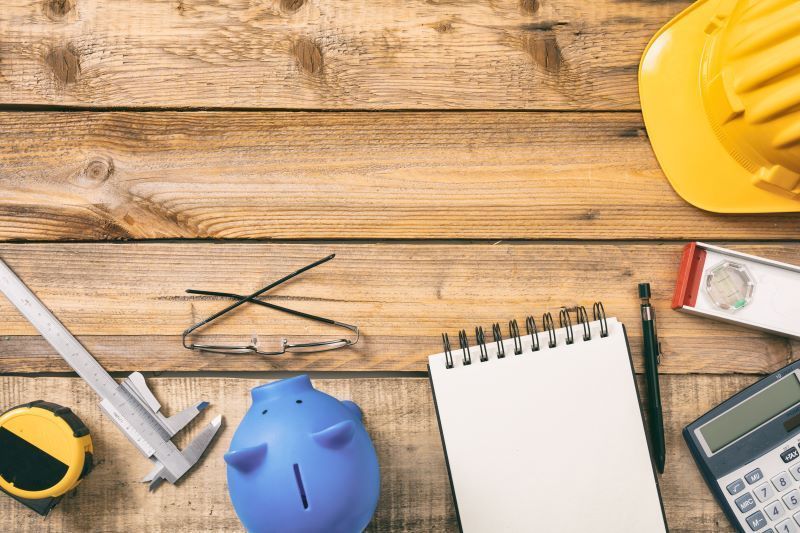Common Questions About Renovation Loans
Renovation loans are the best way to turn a home that needs a little TLC into the home of your dreams. Here are the answers to the most common questions home buyers ask about renovation loans.

What is a Renovation loan?
A home renovation loan gives homeowners access to funds needed to fix up their home. These renovation loans can come in the form of mortgages with built-in fixer-upper funding or personal loans.
Renovation loans help interested home buyers purchase a home and make immediate home improvements. Renovation loans come in a variety of packages including simple personal loans or government-sponsored loans to get the job done.
When should I borrow?
Because a home improvement loan will carry interest rates that reflect economic conditions, the best time to borrow is when interest rates are low. Home improvement loan interest rates are tied to the federal reserve rate as are standard mortgage rates, so the best time to buy a home is also the best time to borrow to improve an existing one.
For the individual homeowner, the best time to borrow money for needed home improvements may be when the house is in disrepair and selling it is not an appealing option. Improvements will prepare the home for sale in the future and are usually less of a financial commitment than buying a new home.
What home improvements are covered?
Depending on the exact renovation loan that you obtain, a wide range of home improvements are covered.
So, what can renovation loans be used to pay for?
- Energy efficiency improvements, like installing solar panels or adding insulation
- New appliances
- Major landscaping, including the installation of native plants
- Updating and upgrading electrical, plumbing and HVAC systems
- Decking
- Fencing
- Roof replacement
- Structural additions, like a garage or adding a second story
- Foundation repair
- Flooring
- Remodeling kitchens and bathrooms
- Window and door replacement
- Siding
- Miscellaneous repairs
- Inspection fees, architectural fees and permits
When using a renovation loan, you typically have a window of 6 months to complete all of the necessary improvements after taking ownership of the home.
Will home improvement pay off?
There’s no guarantee that home improvements will pay off and earn the typical homeowner more than the cost of his loan. It depends largely on the housing market, which can cause home values to fluctuate widely.
However, in the long term, home improvement loans have a net positive effect by increasing the value of a home and also attracting more buyers for a quicker sale.
Making improvements that are badly needed prevents a home from sitting on the market for an extended period of time, which saves on maintenance, real estate agent fees and marketing costs.
What are the best renovation loans?
- Fannie Mae HomeStyle:
One of the best-known loans for home improvements, Fannie Mae’s HomeStyle Renovation loan allows borrowers to either buy a place that needs repairs or refinance their existing home loan to pay for improvements.
The HomeStyle loan amount is dependent on the value of the home after the renovations are completed and requires great credit. If that jives with you needs, then consider this option.
You can get a loan for up to 50% of the purchase price and any repairs, renovations, remodeling projects or energy efficiency improvements are covered as long as everything is something permanent that adds home value.
The HomeStyle loan is available from any Fannie Mae-approved lender, but there are qualification requirements:
- For a primary residence, you must have a credit score of at least 620.
- You have to make a down payment of at least 5 percent of the purchase price of the home.
- A certified contractor must prepare and submit a cost estimate and details of the work to be done.
- FHA 203(k)
The FHA 203(k) is the likely answer to most borrowers. The Federal Housing Administration offers a home renovation loan called a 203(k). These loans can be used for owner-occupied homes and can be 30-year fixed rate mortgages or 5/1 adjustable-rate mortgages. These loans can’t be used to add window treatments, swimming pools, used appliances or any luxury items.
Go this route if your credit isn’t perfect and you don’t mind paying some additional up front fees in the principal.
What does the time frame look like for closing and the renovation process?
Typically the process is about 45 days from contract to closing. You can be better prepared with having already selected a contractor and having your credit documentation and cut down the time necessary for the process dramatically.
The post Common Questions About Renovation Loans appeared first on Owings Mills & Lutherville Mortgage.










Are You Ready to Get the Ball Rolling on Your Mortgage?
Get in Touch With a Mortgage Expert
NMLS# 150953
© 2024 All Rights Reserved | Luminate Home Loans, Inc.

